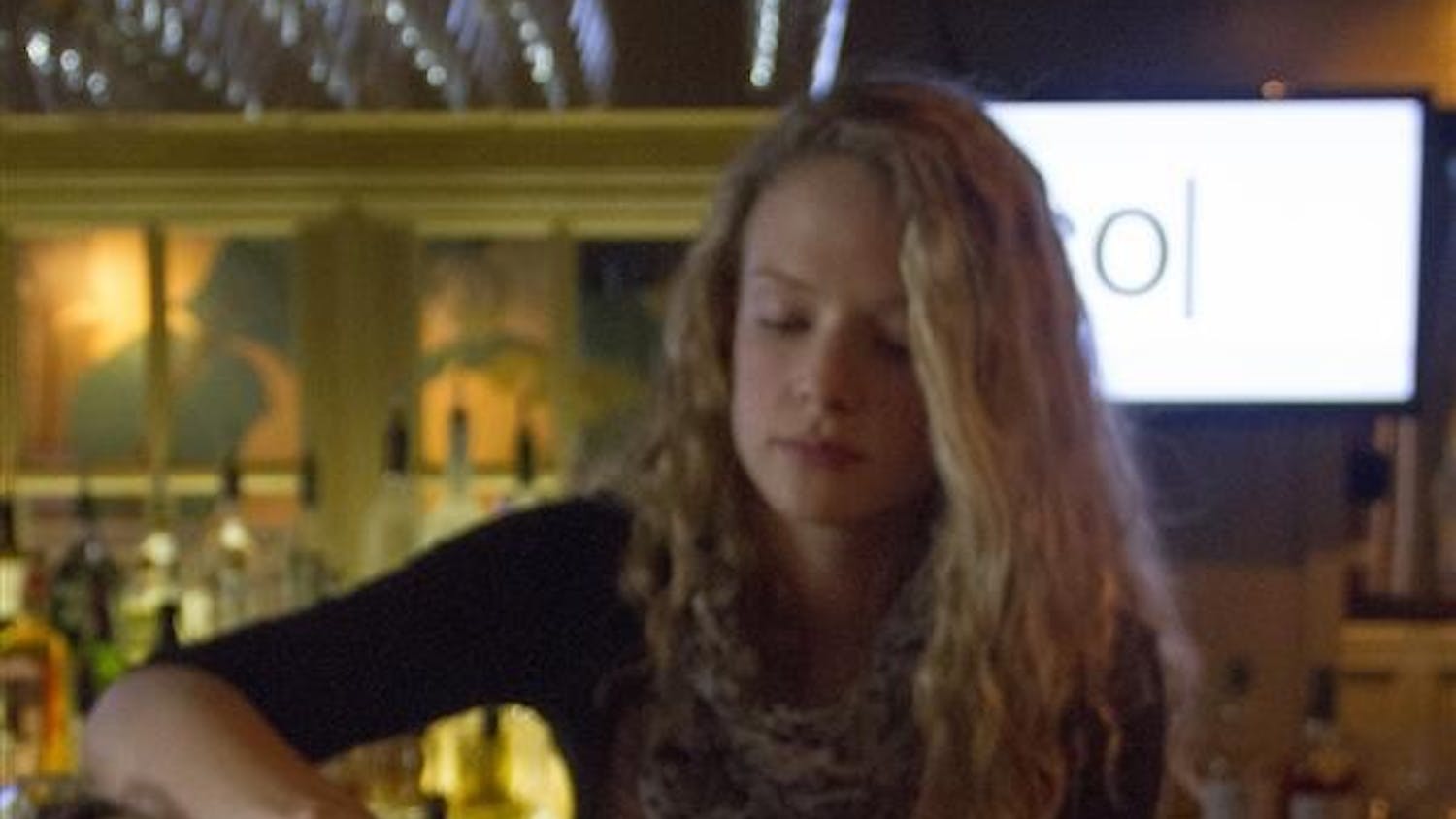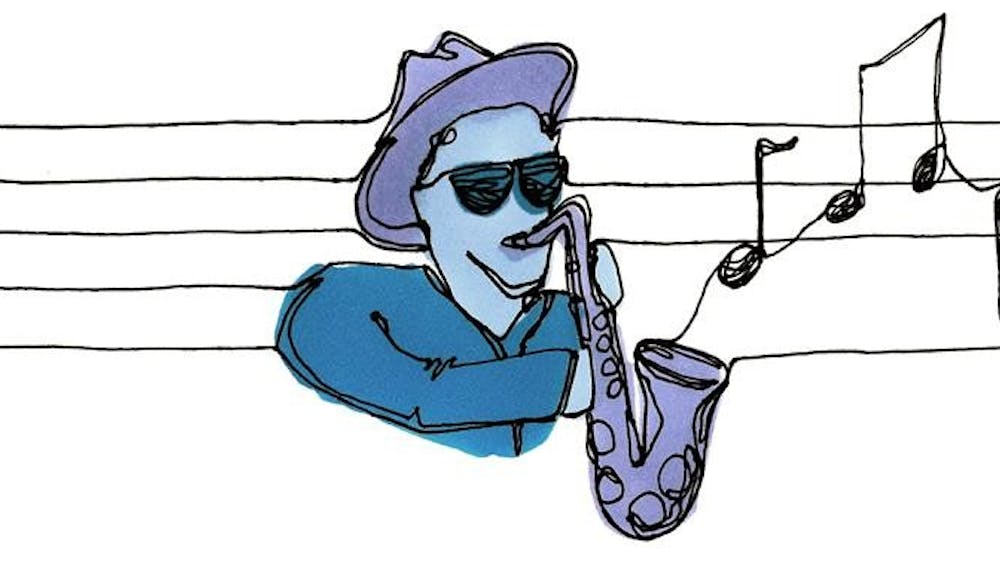Just call him the puzzle master. After all, it’s his job title at NPR. Alumnus Will Shortz is also the crossword puzzle editor for the New York Times, and he’s even featured in a 2006 movie, “Wordplay.” With those credentials, he must have some amazing puzzle skills.
As an IU senior, he dropped his economics major to become the only person to major in enigmatology, or the study of puzzles. So when Inside Magazine decided to make our own Hoosier-themed crossword, who better to talk to than the puzzle master himself?
Here’s what Shortz had to say about IU, the perfect puzzle and why it’s good to have a little competition in both word puzzles and table tennis.
When you think back to
IU, what are some of your favorite memories?
I was a member of Pi Kappa Alpha and president of my house, so I have a
lot of great memories there.
I remember studying in the Union in the room with the grand piano where
students would practice, and I had one of the desks there I liked.
What did people say
about your enigmatology major when you were a student?
People had no idea what it was. One person thought it was the study of
insects, entomology. People were amused by it and
interested in it. Spring of my senior year, a writer from the IDS asked to do a
story, so people were interested from the start.
Your senior thesis was
about the history of American puzzles before 1860, could you give us a brief
history?
I studied the rise in interest in puzzles, which I found was linked to the
rise the culture in the colonies. It seems obvious now, but I thought it was a
breakthrough back then.
The first American puzzle was in a 1647 almanac, which was the 17th original
publication in the colonies.
What’s the perfect
puzzle?
The perfect puzzle is one that pushes you to your limit, one you don’t
think you can solve, one that you get a sense of accomplishment from once you
do solve it. And that’s going to be different for the level of puzzler.
You’re a founder of
both the American Crossword Puzzle Tournament and the World Puzzle
Championship. Why have puzzle competitions?
Puzzles of all sorts are solitary. You have no idea how good you are. This
is a chance to test your skills, see how good you are, and see how you stack
up. It’s also a chance to get together with other puzzlers, and puzzlers in
general are smart, interesting, funny people.
You’re the co-owner of
Westchester Table Tennis club. How did that come about?
I grew up in Crawfordsville, Indiana, and our family had a table tennis
table in the recreation room. I played growing up and won a few trophies in
high school.
In 2006, a player from Barbados (Robert Roberts) became my coach, and he and I
wanted a place where we could play seven days a week. April 8 was my 105th
consecutive day playing table tennis.
How is table tennis
like puzzles?
I do table tennis for a lot of reasons. Puzzles are an escape for many
people. They have their jobs and their kids. But I spend all day with puzzles.
When I’m playing table tennis, I can block out the rest of the world and focus
on each point. Table tennis is a thinking man’s game.
What’s next for you?
In May, I’m going to Beijing for a sudoku tournament. But I’m also going three
days early to play table tennis. They have great facilities there.





